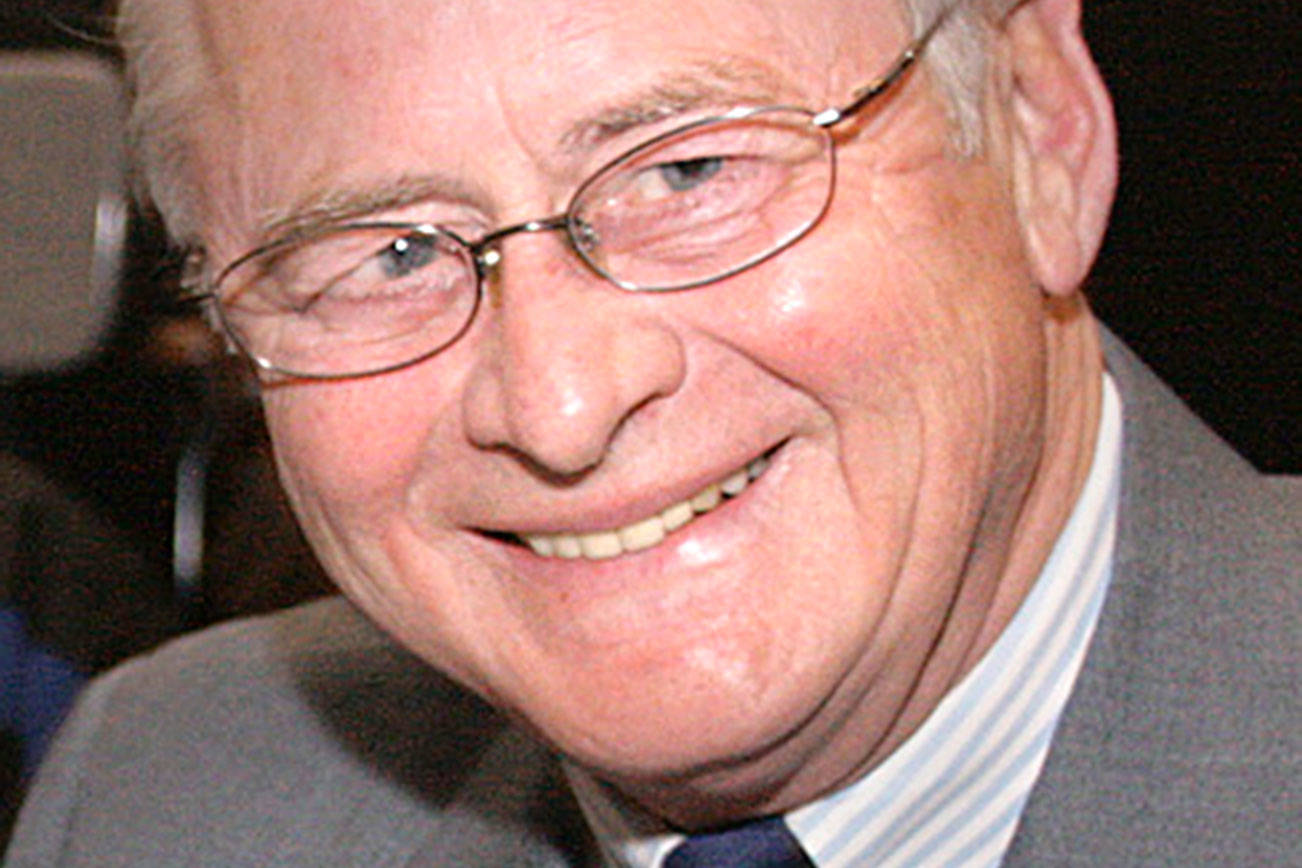In 2018, most of the police establishment lined up against Initiative 940. On the other side were mental health advocates, families of those lost to police shootings and the King County Sheriff.
But at 60% affirmative, the vote for I-940 wasn’t close. Two years later, the public finally saw some results from the law’s passage when an Auburn police officer was charged with murder for shooting a suspect.
Known as the Law Enforcement Training and Community Safety Act (LETCSA), the law added more training and included a new interpretation on when an officer could use deadly force. Public frustration with police officers shooting people of color is not a new issue — it has been a concern for decades. But this year brought the issue to the forefront of the Black Lives Matter movement, as we saw in many situations and videos where officers should have used other techniques.
Given a rare opportunity to confront racism and provide direction to police on how they should do their jobs without resorting to “use of deadly force,” voters had used the ballot box to express their frustration and provide policy direction with I-940.
Previously under the law, prosecutors had to prove officers acted with “evil intent” or malice when bringing criminal charges, which is almost impossible to prove. The new law suggests a “good faith” standard.
LETCSA requires proof that a reasonable officer would have used deadly force in the same situation and believed the use of deadly force was needed. The new law requires de-escalation and mental health training for police, requires officers to assist with first aid to the victim, and also independent investigations of the use of deadly force.
Those are many of the improvements the public has been requesting for several years, with the full intention of making police conduct more transparent while providing independent citizen oversite.
The Washington State Criminal Justice Training Commission was tasked with implementing rules for independent investigations of police shootings. Those rules created the position of community representative. The intended goal, according to position announcement, is to enhance accountability and increase trust, and to improve the legitimacy of policing for an increase in safety for everyone.
However, much of the control still stays in the hands of police, and each community will have to watch carefully how the process is implemented so the community representative helps achieve the policy goals — but aren’t so close to the police that they become rubber stamps.
Some of the essential job functions for the position of community representative include:
■ “Participate in a review of the qualifications of existing Valley Independent Investigations Team investigators.” This phase is likely designed for introductions, but it also may be designed to impress the community representatives and establish roles giving deference to the “police professionals” by the community representatives, which could open the door to rubber stamping.
■ “Be present at the briefings with the chief of police. And access to press releases and communications to the media prior to release.” Having been on both sides of press briefings, they are designed to share information, but also to “convince” the listeners, possibly including the community representatives. It also could make the representatives feel like “insiders” when they should remember they are not insiders, but outsiders who are there for the community.
■ “Ability to review the investigation file when it is completed.” “When it is completed” suggests that the community representatives may not be full members of the investigative team and may still leave too much control in the hands of police.
There are other duties regarding confidentiality and availability. Auburn, Federal Way, Tukwila, Des Moines, Renton, Kent and the Port of Seattle will each choose community representatives, which could create a large pool of people to choose from who may not be involved consistently or have the type of background to be fully engaged and contributing members. The community representatives have no independent authority, which is what some communities wanted, to ensure the police were being objective about the facts.
I am also a little concerned about how the candidates were selected. The chief of police in Federal Way selected three, two of whom (Dr. Bob McKenzie and Katherine Festa) already serve on the chief’s call, a group that meets monthly with the chief. In Kent, the city council selected two, Pastor Lawrence Boles and Todd Minor, who owns Nana’s Southern Kitchen. In Auburn, the assistant police chief selected two candidates, Malvina Holmes and Glayde Larsen, but will select one or two more after the police advisory committee is set up. The other jurisdictions will also make appointments.
Police are not always known for their transparency and may lean toward looking out for each other because it is part of their training and blue fraternity. Having the police department involved in the selection of their citizen representatives is a little troubling because there will always be a temptation to trust the police, which is part of our training as citizens.
If the community representatives forget that they are there to represent the community, not the police department, a great opportunity will have been squandered. There’s a reason 60% of the people voted for this initiative. They want accountability and transparency from law enforcement, but it may require more oversight than the system currently allows to ensure it occurs. Watch closely.
Federal Way resident Bob Roegner is a former mayor of Auburn. Contact bjroegner@comcast.net.
Talk to us
Please share your story tips by emailing editor@kentreporter.com.
To share your opinion for publication, submit a letter through our website https://www.kentreporter.com/submit-letter/. Include your name, address and daytime phone number. (We’ll only publish your name and hometown.) Please keep letters to 300 words or less.

